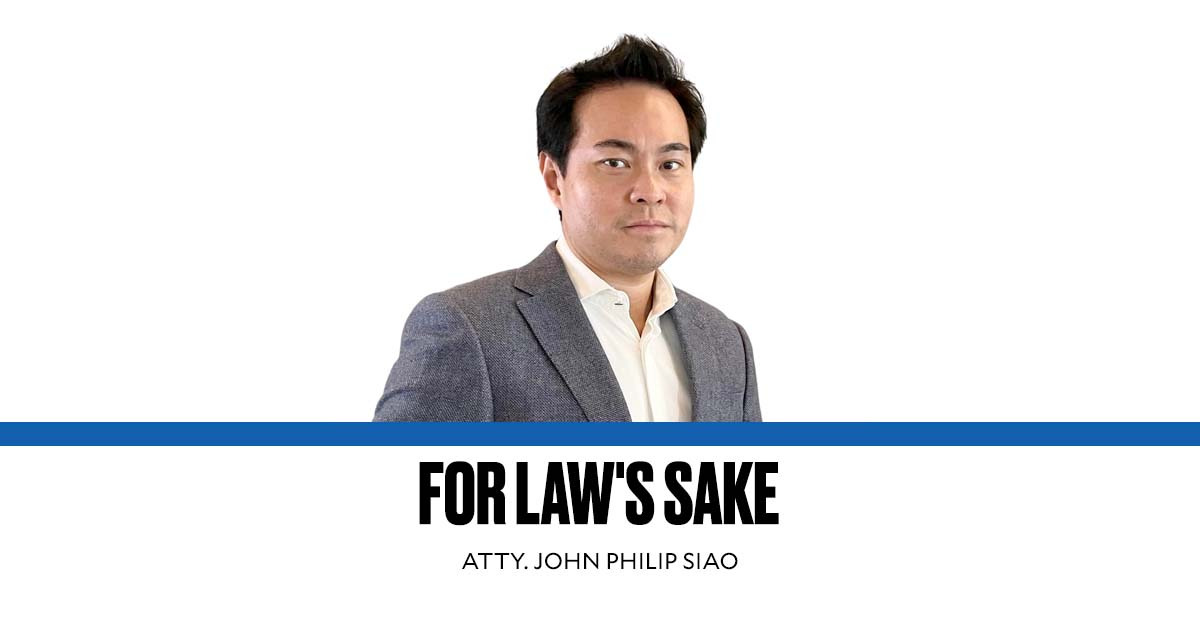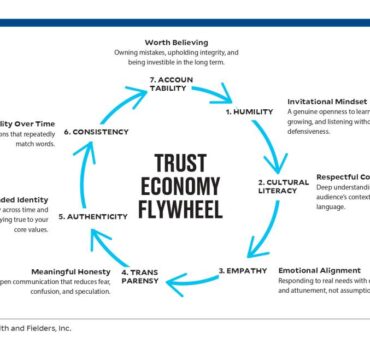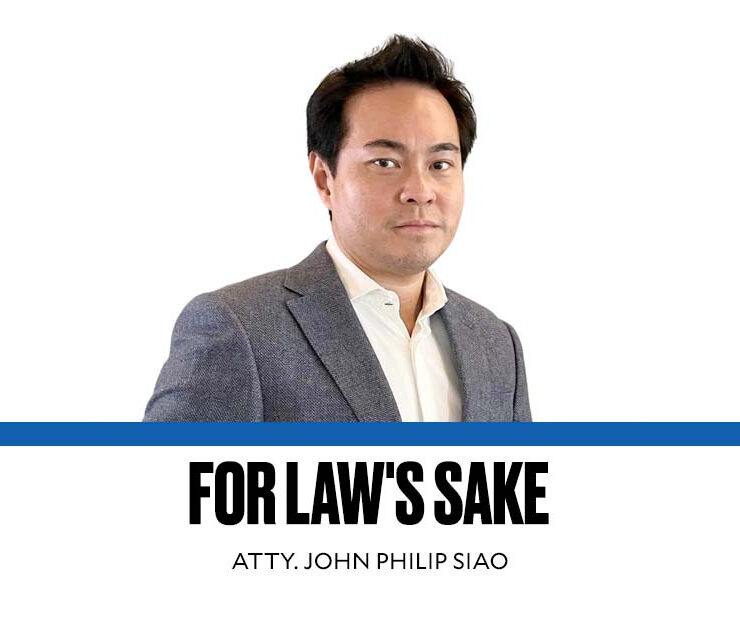Bad feng shui is not loss of trust and confidence

Loreta Yung was hired by Wensha Spa on April 21, 2004, as a personal assistant and interpreter of Mr. Xu Zhi Jie, its president. Her starting salary was P12,000 per month.
She introduced positive changes to Wensha Spa, which resulted in increased business, for which she was promoted to administrative manager on May 18, 2004.
However, on Aug. 31, 2004, Wensha Spa terminated Loreta’s employment, which she claims was due to the belief of Mr. Xu that she had bad feng shui or that her feng shui was a mismatch with that of his.
Loreta filed a complaint for illegal dismissal against Wensha Spa and Mr. Xu.
In her complaint, she recalled that on Aug. 10, 2024, a feng shui master visited the spa and did some geomancy analysis of the office. After this, Mr. Xu informed Loreta that the feng shui master told him that her Chinese zodiac sign is a “mismatch” with that of his.
She was told not to report to work for a month as an altar would be placed in the spa and prayers and offerings will be made to correct the “mismatch” and the “jinx”.
When she returned to work, the wife of Mr. Xu told Loreta that she had to resign as she was a mismatch with Mr. Xu and, accordingly, not fit to work in the spa.
Wensha Spa denied illegally terminating Loreta’s employment, claiming that the company received numerous complaints against Loreta from employees.
Because of this, Loreta was asked to take a leave of absence for one month while an investigation was conducted, the results of which were prejudicial to Loreta.
Wensha Spa asserted that Loreta’s dismissal was a valid exercise of an employer’s right to terminate a managerial employee for loss of trust and confidence.
The Labor Arbiter ruled that Loreta’s employment was validly terminated due to loss of trust and confidence and did not give any weight to her claim that she was terminated due to the belief of Mr. Xu that her feng shui was a mismatch with his.
The Court of Appeals reversed the ruling and declared that Loreta was illegally dismissed from her employment. It found that the evidence submitted by Wensha Spa contained irregularities too glaring to be ignored.
The Supreme Court agreed with the Court of Appeals that Loreta was illegally dismissed.
Specifically, loss of trust and confidence to be a valid ground for dismissal must have a basis and must be founded on clearly established facts.
In this case, the affidavits of the employees against Loreta pertained only to petty matters, which were not sufficient to support the claim of loss of trust and confidence.
The act or acts constituting breach of trust must have been done intentionally, knowingly and purposely founded on clearly established facts.
The Supreme Court also found that Loreta was not informed of and much less given the opportunity to respond to the charges against her.
She was also not given any written notice of dismissal before her employment was terminated, the absence of both a clear violation of the two notice rule.
Due to her illegal dismissal, Wensha Spa was ordered by the Supreme Court to pay Loreta her full backwages, other privileges and benefits, as well as separation pay from the date of her dismissal on September 1, 2004, up to the finality of the decision.
Moral damages of P50,000, exemplary damages of P25,000 and Attorney’s Fees of P20,000 were also awarded to Loreta. (Wensha Spa Center, Inc., et al. v. Loreta Yung, GR 185122, Aug. 16, 2010)
Before ending, the following are some notable points on the decision.
Firstly, the ground relied upon by Wensha Spa is dismissal of a managerial employee based on loss of trust and confidence.
This ground allows employers substantial leeway in terminating the employment of certain employees, specifically, those who enjoy positions of trust and confidence of the management.
These types of employees bear a greater burden of trustworthiness than ordinary workers and, the betrayal of the trust reposed is the essence of the loss of trust and confidence that becomes the basis for the employee’s dismissal.
While managerial employees are those employees who have the trust and confidence of management, other types of employees, such as cashiers, auditors and property custodians, who, in the normal and routine exercise of their functions, regularly handle significant amounts of money or property, are also considered to have the trust and confidence of management.
Since most rank-and-file employees do not hold positions of trust and confidence, this ground for termination of employment is not applicable to them.
Secondly, apparently, feng shui does not always bring good luck. In this case, the advice of the feng shui master resulting in the illegal termination of Loreta’s employment surely cost the spa a substantial amount of money.
Loreta was awarded backwages from Aug. 31, 2004 to at least Aug. 16, 2010, the date of the Supreme Court decision. This covers a period of about six years or 78 months, if the 13th month is counted. Assuming Loreta did not receive any salary increase from her P12,000 per month starting pay, her backwages would still amount to P936,000. This amount does not even include the separation pay, other privileges, benefits and the P95,000 in moral and exemplary damages and attorney’s fees awarded by the court.
The author, Atty. John Philip C. Siao, is a practicing lawyer and founding Partner of Tiongco Siao Bello & Associates Law Offices, an Arbitrator of the Construction Industry Arbitration Commission of the Philippines, and teaches law at the De La Salle University Tañada-Diokno School of Law. He may be contacted at jcs@tiongcosiaobellolaw.com. The views expressed in this article belong to the author alone.


















